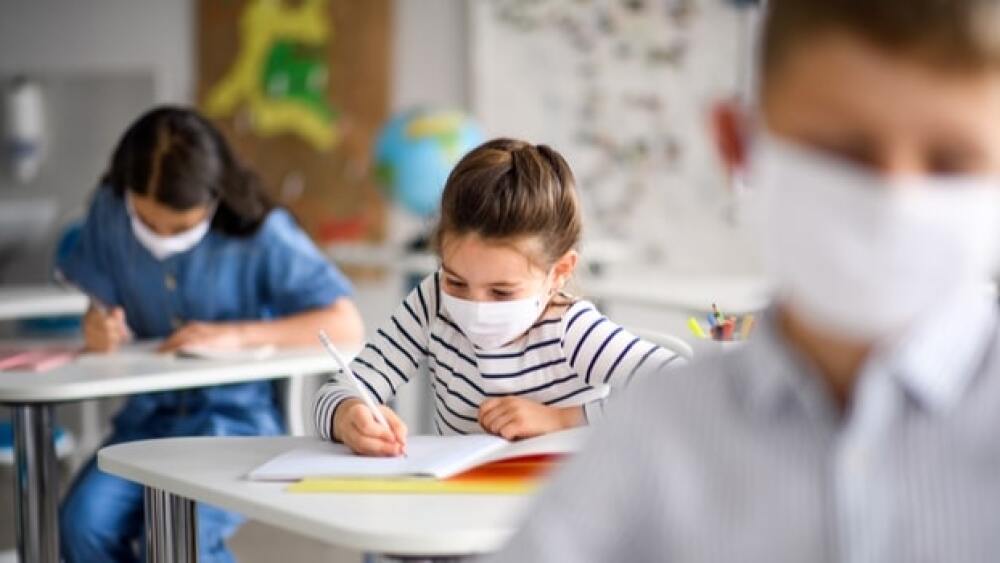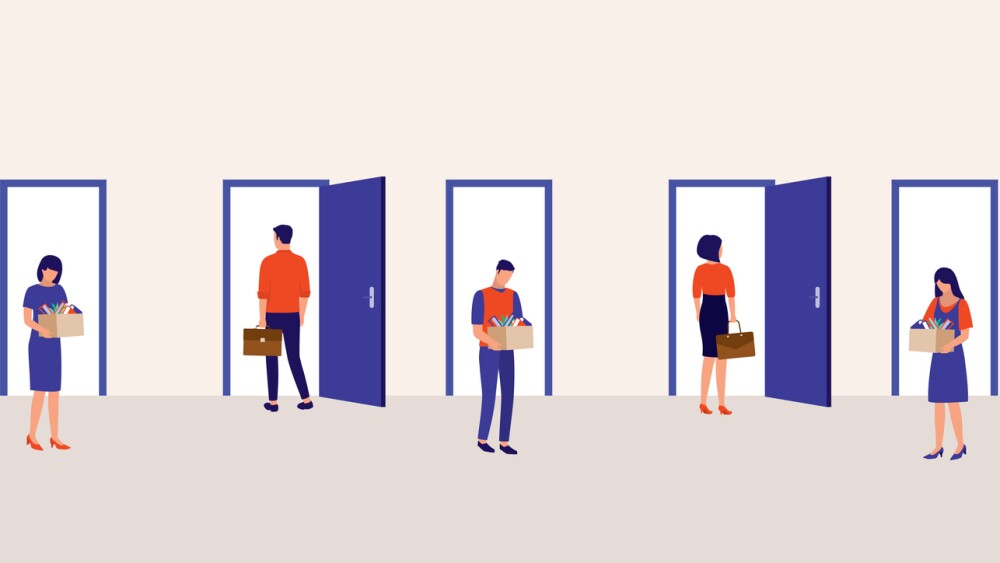Children, who have not been widely tested in clinical trials for the vaccine, are typically less severely affected and are much further down the priority list for receiving the vaccines. But the vaccine has not been tested at all in younger children.
The Pfizer-BioNTech COVID-19 vaccine has been granted emergency authorization in the UK and, along with the Moderna vaccine, is being evaluated for Emergency Use Authorization (EUA) by the U.S. Food and Drug Administration (FDA). A question that remains largely unanswered is whether the vaccines are safe and effective in children.
On Tuesday, the U.S. Centers for Disease Control and Prevention (CDC) Advisory Committee on Immunization Practices voted 13-1 in support of a priority scheme that focused on frontline healthcare workers and residents of long-term care facilities. Operation Warp Speed, the U.S. government’s group, has decided to distribute the vaccines (as they become available) to states based on population, and it is up to the states to implement the distribution along with the priority plan, although the states may modify it.
Broadly speaking, the distribution priorities are for frontline healthcare workers, first responders and the elderly. Children, who have not been widely tested in clinical trials for the vaccine, are typically less severely affected and are much further down the priority list for receiving the vaccines. But the vaccine has not been tested at all in younger children.
Anthony S. Fauci, director of the National Institute of Allergy and Infectious Diseases (NIAID), noted that it would take time, possibly months, before people 18 years of age and younger could get a COVID-19 vaccine because the trials were either underway or hadn’t yet begun. Pfizer and BioNTech announced in October that they planned to expand their clinical vaccine trials to include children 12 and older. Moderna, which is partnered with NIAID, said it plans to begin testing in children 12 through 17 soon. According to the clinicaltrials.gov website, they plan to test 3,000 children, with half receiving the vaccine and half receiving placebo. The trial has not yet started recruitment.
Fauci, speaking Sunday on NBC’s “Meet the Press,” said, “Before you put it into the children, you’re going to want to make sure you have a degree of efficacy and safety that is established in an adult population, particularly in adult, normal populations.”
The delays have resulted in some pediatricians and public health officials expressing concerns over at-risk children and how it will only create more obstacles to return schools to normalcy. Because children’s immune responses are different than that of adults, most experts agree that pediatric clinical trials are important for evaluating the safety, efficacy and immunogenicity of the vaccines for children. Some say the testing should have started sooner in children.
“To be completely frank, many of us are disappointed with this timeline,” Andrew T. Pavia, the chief of the pediatric infectious diseases division at the University of Utah, told The Washington Post. “We think that there was enough safety data emerging and early efficacy data a month or six weeks ago that the adolescents could have been added earlier.”
The Moderna vaccine has not been tested in children or pregnant women. In the new clinical trial, girls past puberty would be tested before each dose to verify that they are not pregnant.
“Everyone anticipates that when we test this first in adolescents, then older children, then the real small kids, that the COVID vaccine will work,” William Schaffner, an infectious disease expert at Vanderbilt University and a vaccines advisor to the U.S. Centers for Disease Control and Prevention, told The New York Times.
Schaffner added that children’s immune systems are more active than adults, which may cause stronger reactions, including fever, muscle and joint aches and fatigue.
“They may be more out of sorts than adults for a day or two,” Schaffner said. “You really do want to know, if it’s given in adolescents, what can parents expect? You really want to be able to tell them clearly how you might feel for 24 or 48 hours after you receive the vaccine. And obviously, we really want to be able to tell parents it works.”
Paul A. Offit, a vaccine expert at Children’s Hospital of Philadelphia, notes that vaccines typically work about the same in children and adults. Sometimes, for example the hepatitis B vaccine, different doses are required. Moderna’s testing will evaluate the same dose in children that it used in adults.
Pfizer began testing their vaccine in children in October. The AstraZeneca and University of Oxford group has tested its vaccine in children, but not in the U.S.
When Pfizer submitted its application for EUA to the FDA on November 20, it included safety data on about 100 children between the ages of 12 and 15. At this time Pfizer-BioNTech do not have a timeline made public for when the vaccine might be available for children. The inclusion of the data in the EUA submission could cause the FDA to approve the vaccine for that age group, but that will depend on the results of the data and if the experts believe there is enough available.
Sally Goza, president of the American Association of Pediatrics, wrote a letter to Health and Human Services Secretary Alex Azar and FDA Administrator Stephen Hahn, urging them to expedite pediatric vaccine trials.
Goza wrote, “While the likelihood of spreading the disease may vary among different aged children, we know that children can and do spread the virus to household members, grandparents, teachers, and other children.”
One big question is on whether children will be able to be vaccinated before the fall 2021 school year begins. Many believe the window for pediatric trials is closing for that to happen.





